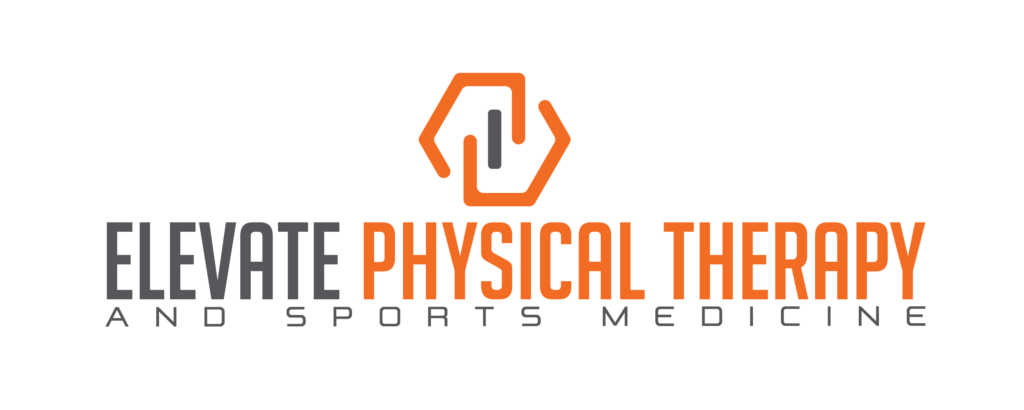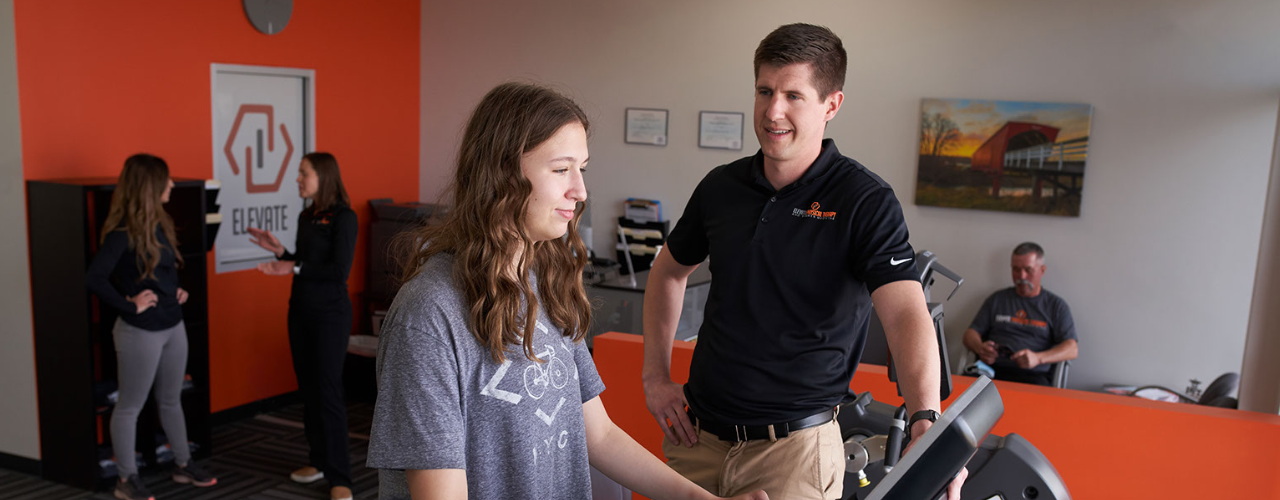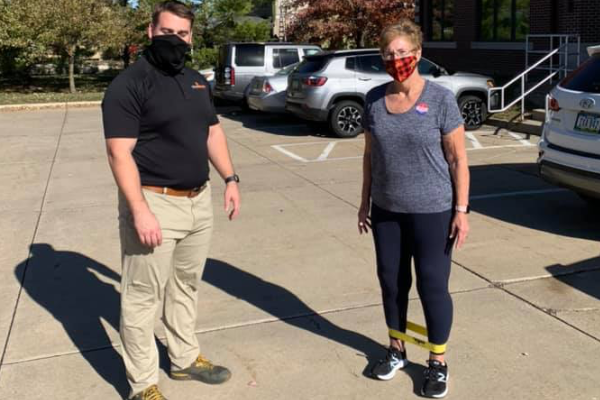Neurological Disorders
A neurological physical therapist is one who specializes in the evaluation and treatment of individuals with movement difficulties due to an injury or disease of the nervous system. A neurologic clinical specialist (NCS) is a physical therapist who has advanced training in neurological therapy. These specialists develop a plan of care using a variety of treatment techniques to help restore function and help you move better with a neurological disorders, such as Parkinson’s disease or stroke. Neurological disorders are challenging and having a team of these specialists on your side is very beneficial. Studies have shown that physical therapy is very beneficial to those who suffer from neurological conditions.
Neuro Therapy and Physical Therapy
Neuro therapy is a non-invasive treatment that allows individuals to gain information about their brain activity and learn how to change it. Brainwave activity is measured with an EEG, and “brain maps” are created. Physical therapists work closely with those who specialize in neurological therapy. Without physical therapy following a neurological injury, patients may be unable to perform certain activities, lose function and lose their independence. Physical therapists who specialize in neurology work with a wide range of patients who may have the following conditions:
Parkinson’s disease
- Parkinson’s Disease is a progressive disease that affects the central nervous system and the ability to coordinate movement in the body. Since Parkinson’s Disease affects many areas of the brain, symptoms can vary in individuals and progression can be either mild, moderate or aggressive.
- Parkinson’s Disease typically affects one’s ability to walk as they demonstrate slower movements (bradykinesia) and difficulty with initiating or stopping movements. In addition, movements tend to become slower along with tremors that typically occur in the hands. Muscles can become rigid, leading to loss of motion, strength and poor posture. A dangerous symptom is called retropulsion, where the tendency of an individual is to fall backwards with little to no ability to protect oneself. Speech can also be affected with Parkinson’s Disease becoming slurred and slow due to poor activation of the mouth, tongue and throat muscles.
- Physical therapy has been shown to help those with chronic conditions like Parkinson’s disease. Sessions will focus on improving mobility, coordination, and strength. In conjunction to Physical therapy, speech and occupational therapy are very beneficial to address all impairments and improve or maintain current function.
Stroke
- A stroke is referred to as a Cerebrovascular Accident (CVA) and is the sudden death of brain cells due to lack of oxygen. This occurs when the blood flow to a particular portion of the brain is restricted due to a clot or excessive bleeding. Depending on where the stroke occurred in the brain, how extensive the damage was and the duration, dictate the severity of the symptoms and recovery.
- Common symptoms of stroke are a slurring of speech, facial droop, weakness or loss of function in one side of the body, either in the arm, legs or both. Immediate emergency medical attention is needed if these symptoms begin. Stroke can affect cognitive function, speech, the ability to swallow, walking, balance, strength, and function.
- Physical therapy is a vital part of the recovery of a person who has suffered a stroke. A thorough evaluation is done in various stages of the rehabilitation process to determine progression in strength, transfers, walking, balance, range of motion and safety. Your physical therapist can help you improve walking and balance, train you on how to use assistive devices and provide training for your caregivers. Our Johnston physical therapists approach the care of each person as an individual adapting the best rehabilitative process to each case. In conjunction to Physical therapy, speech and occupational therapy are very beneficial to address all impairments and improve or maintain current function.
Multiple sclerosis
- Multiple Sclerosis (MS) is a neurological disease that causes the body’s immune system to abnormally attack the covering of the nerve cells, called myelin. This causes scarring and decreases the nerve’s ability to transmit signals properly. The progression of MS is based on 4 different types of aggressiveness. Multiple sclerosis is categorized by bouts of activity, with periods of minimal to no activity, depending on the different type of MS you may be suffering from. Symptoms can vary person to person dramatically as different parts of the brain, spinal cord or peripheral nerves are affected, making no two cases alike.
- Common symptoms of MS are fatigue, numbness or tingling in the face, body or extremities, weakness, dizziness or vertigo, pain, walking difficulties, loss of balance, bladder and bowel problems and emotional / cognitive changes.
- A physical therapist will help you with mobility exercises to ease muscle spasms, strengthening exercises to keep maintain or improve muscle strength. With physical therapy, you can improve balance and coordination deficits. You’ll also be given expert instruction on how to use assistive devices, such as a cane or wheelchair if it is needed. A Johnston Physical Therapist can help you through all the stages of multiple sclerosis. In conjunction to Physical therapy, speech and occupational therapy are very beneficial to address all impairments and improve or maintain current function.
Lou Gehrig’s (ALS)
- Amyotrophic Lateral Sclerosis is a progressive neurological disease that typically begins in the hands, feet, and extremities, then progresses centrally. People may first discover that they have difficulty walking, tripping or poor balance. In addition, people may notice that they have weakness in their hands or legs, along with occasional muscle cramps. As the disease progresses, it affects walking, use of the arms, speaking, swallowing and breathing muscles.
- While there is no cure for ALS, maintaining independence and function as long as possible is the goal of the rehabilitation team. A Physical Therapist will help safety with walking and adaptation of assistive devices is critical to prevent secondary complications such as fractures from falls. In conjunction with Physical therapy, speech and occupational therapy are very beneficial to address all impairments and improve or maintain current function.
Find Help for Your Neurological Disorders
The field of neurological therapy and physical therapy work together today. It gives patients who suffer from a neurological condition the best of both worlds. Do you suffer from a neurological condition? Is this condition impacting your lifestyle? If so, be sure to contact Elevate Physical Therapy & Sports Medicine in Johnston or Ankeny today for a one-on-one consultation and comprehensive assessment. Our skilled and knowledgeable physical therapists can help you manage the symptoms of your neurological condition. Each patient has unique needs, and our therapists will provide you with an individualized treatment plan for success.





